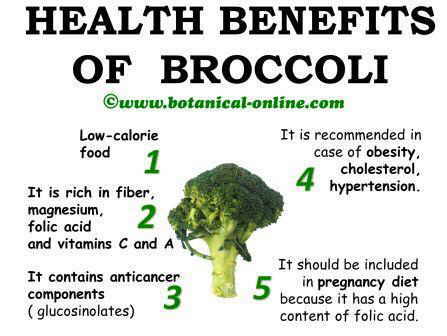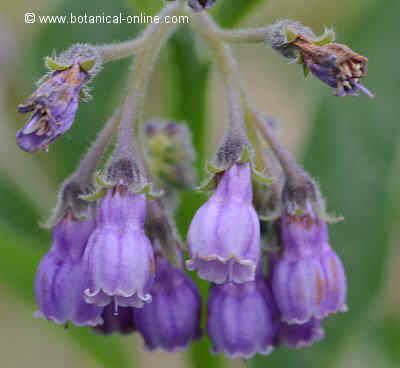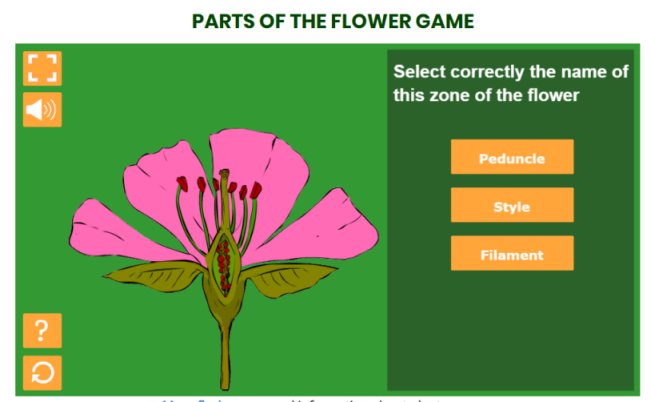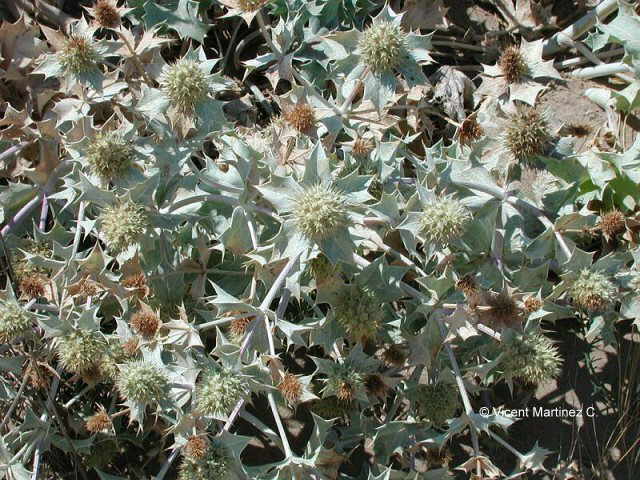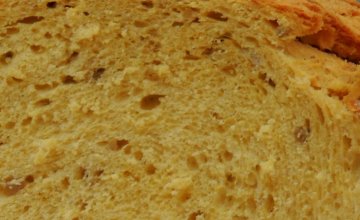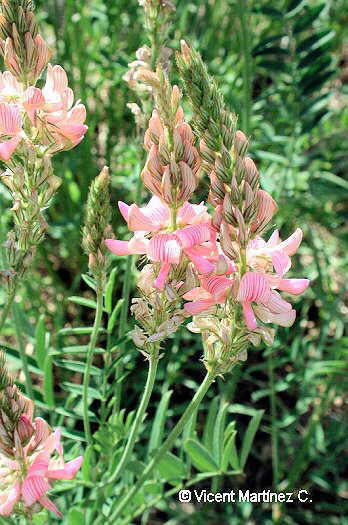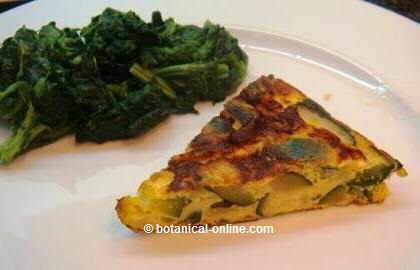Contents
PEANUT PROPERTIES
Medicinal properties of peanuts
Most medicinal principles of peanuts are in the red skin around the fruit, hence the importance of eating raw peanuts with this skin.
This is usually removed in cooked and salted peanuts, losing many of the properties, including some of the most important vitamins.
Nourishing properties of peanuts are widely recognized. They are extremely rich in vitamin B.
They also stand out because of their high fat content and its huge amount of protein. (More information on the edible properties of peanuts in the listing below)
In addition to its edible properties, medicinally speaking, peanuts contain components that give them special value for health. The main medicinal properties are found in their fruits, and their oil.
In Ayurvedic medicine peanuts are used extensively. In India the seeds are used primarily for respiratory problems and to stop bleeding. The husks of the pods are boiled and the resulting liquids is used to treat hypertension.
Chemical composition of peanuts
The main chemical components of peanuts are:
– Acids: Arachidic acid, aspartic acid, behenic acid, chlorogenic acid, stearic acid, gadoleic acid, gentisic acid, lauric acid, linoleic acid, oleic acid, p-coumaric acid, palmitic, palmitoleic (seeds), ascorbic acid (leaves and seeds) caprylic (plant)
– Arachin (seeds)
– Lecithin (seeds)
– Protein (plant)
– Flavonoids: quercetin, rutin (Plant)
– Beta-carotene (leaves)
–Amino acids: aspartic acid, glutamic acid, alanine, arginine, cystine, phenylalanine, glycine, histidine, isoleucine, leucine, lysine, methionine, proline, serine, tyrosine, threonine, tryptophan and valine (seeds)
– Minerals: Aluminum, sulfur, boron, cadmium, zinc, cobalt, copper, iron, selenium, sodium (seeds), calcium (seeds and leaves), magnesium, phosphorus, potassium (plant)
– Fat: (seed, plant)
– Carbohydrates, cellulose (seeds)
– Vitamins: niacin, folacin, riboflavin, thiamin, (seeds and leaves)
Antioxidant properties of peanuts
Peanuts, like black grapes are rich in resveratrol, a component with outstanding antioxidant properties. The properties of resveratrol in controlling cholesterol and preventing circulatory diseases has been widely highlighted in many studies.
It has been found in the skin of peanuts other antioxidant components called oligomeric procyanidins. Red Spanish peanuts are particularly rich in this component. Like resveratrol, they are another flavonoids with anti-arteriosclerotic properties.
Thanks to this component, together with resveratrol, peanuts are able to prevent heart diseases in arteries and cancer.
Peanuts for women’s health
Another component with many properties beneficial to the health of the woman is the phytoestrogen genistein. Peanuts have a very high amount of genistein, even higher than soybeans.
It has been said a lot about the power of soy genistein to combat the negative effects of PMS, such as hot flushes or depression.
Genistein is also known because its antioxidant properties, especially in regard to preventing the development of cancer cells, and in the prevention of vision loss because of macular degeneration in people with diabetes.
Peanuts are believed to have galactogogue properties, that’s to say, they are able to stimulate milk production in lactating women. For this reason, in China it is common for women who breastfeed their babies with breast milk to eat peanuts.
This may contradict the thinking of many Western experts who believe it is not appropriate to eat this food during pregnancy for fear of food allergy or fear that the lactating baby may develop a future allergy. (See allergy to peanuts)
The oligomeric procyanidins are thought to be very helpful in the management of endometriosis.
Peanuts to keep defenses
Peanuts are rich in zinc. Zinc, among other properties, has the power to protect the defenses, avoiding the defensive lymphatic system to commit a possible mistake.
Eating peanuts helps keeping the immune system in good condition, foreclosing the onset of infections.
Peanuts to prevent depression, inattention and hyperactivity
Peanuts are rich in tyrosine, an amino acid that is part of peanut proteins. From tyrosine our body produces dopamine. Dopamine, serotonin and norepinephrine, are the so-called “happy hormones.”
The lack of dopamine in the body has been associated with numerous psychiatric disorders, including inattention and hyperactivity in children (ADHD or attention deficit hyperactivity disorder)
The ADHD in children is mainly expressed in the form of attention problems at school or at home (distraction, disorganization, inattention, neglect of duties, etc) or hyperactive behaviors (restlessness, little patience, inability to be calm, talkativeness, etc.)
Disorder of ADHD appears to be related to the occurrence of anxiety and depression in many children suffering this disorder.
Oil with medicinal properties
Peanut oil obtained by cold pressing is used for medical treatments. Peanut oil is the basis for many therapeutic preparations.
It has skin softening properties. Peanut oil is also edible and can be used in the kitchen. (For more information on peanut oil)
Dosage, side effects and toxicity
Peanuts have not a specific dosage or toxicity. However, we must bear in mind that they can cause allergy to certain people (see allergy to peanuts).
One should also consider that they are legumes, so that they can be indigestible for some people with sensitive stomachs or, when packaged or stored under poor conditions, they can contain very harmful microorganisms for health, especially aflatoxins.
![]() More information about peanut.
More information about peanut.

